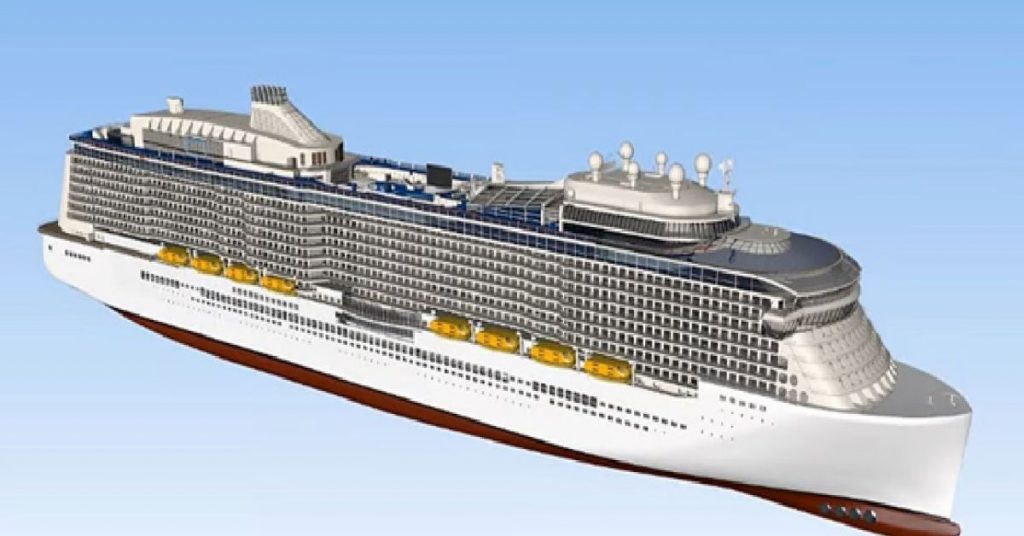Meyer Werft, the German Aerospace Center, and Freudenberg Fuel Cell e-Power Systems have launched a collaboration with the aim of developing proton exchange membrane (PEM) fuel cell systems for use in marine propulsion. The Zero4cruise project will focus on the use of methanol with the PEM fuel cells, allowing the technology to be used to supply cruise ships with electricity, heat and cooling, and to do so efficiently and with low emissions.
The DLR’s Institute of Engineering Thermodynamics will be responsible for the pre-development of fuel cell stacks on a scale relevant to the maritime market. The aim is to build prototype fuel cell stacks with 250 kW and 120 kW, including performance verification in laboratories.
The DLR’s Institute of Maritime Energy Systems is meanwhile carrying out long-term tests on a 500kW maritime fuel cell system. The aim is to simulate the real load cycles of a cruise ship in order to prove the long-term suitability of the system.
Tags: Cruise Ships, Fuel Cells, Methanol



Recent Posts
Greenlyte and MB Energy sign strategic e-methanol offtake agreement
CSDC and TECHNOLOG forge alliance to drive green, smart shipbuilding
DPA Kandla invites bids for India’s first port-based bio-methanol plant
Green & Digital Maritime Corridors Dialogue’ at JNPA sets stage for India Maritime Week 2025
Thermax partners with HydrogenPro for alkaline electrolyser systems in India
PIL Conducts First Simultaneous Cargo and LNG Bunkering in Singapore
NYK Takes Delivery of LNG-Fuelled Capesize Bulker SG Dawn
Swire Shipping joins Achilles Maritime Network to strengthen supply chain sustainability and compliance